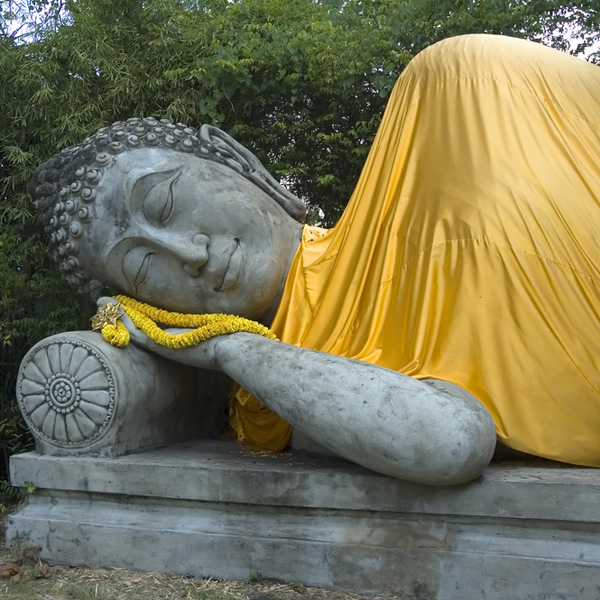May I be filled with lovingkindness
“I am larger, better than I thought; I did not know I held so much goodness.”
– Walt Whitman
This meditation uses words, images, and feelings to evoke a lovingkindness and friendliness toward oneself and others. With each recitation of the phrases, we are expressing an intention, planting the seeds of loving wishes over and over in our heart.
With a loving heart as the background, all that we attempt, all that we encounter will open and flow more easily. You can begin the practice of lovingkindness by meditating for fifteen or twenty minutes in a quiet place. Let yourself sit in a comfortable fashion. Let your body rest and be relaxed. Let your heart be soft. Let go of any plans or preoccupations.
Begin with yourself. Breathe gently, and recite inwardly the following traditional phrases directed toward your own well-being. You begin with yourself because without loving yourself it is difficult to love others.
May I be filled with lovingkindness.
May I be safe from inner and outer dangers.
May I be well in body and mind.
May I be at ease and happy.
As you repeat these phrases, picture yourself as you are now, and hold that image in a heart of lovingkindness. Or perhaps you will find it easier to picture yourself as a young and beloved child. Adjust the words and images in any way you wish. Create the exact phrases that best open your heart of kindness. Repeat these phrases over and over again, letting the feelings permeate your body and mind. Practice this meditation for a number of weeks, until the sense of lovingkindness for yourself grows.
Be aware that this meditation may at times feel mechanical or awkward. It can also bring up feelings contrary to lovingkindness, feelings of irritation and anger. If this happens, it is especially important to be patient and kind toward yourself, allowing whatever arises to be received in a spirit of friendliness and kind affection. When you feel you have established some stronger sense of lovingkindness for yourself, you can then expand your meditation to include others. After focusing on yourself for five or ten minutes, choose a benefactor, someone in your life who has loved and truly cared for you. Picture this person and carefully recite the same phrases:
May you be filled with lovingkindness.
May you be safe from inner and outer dangers.
May you be well in body and mind.
May you be at ease and happy.
Let the image and feelings you have for your benefactor support the meditation. Whether the image or feelings are clear or not does not matter. In meditation they will be subject to change. Simply continue to plant the seeds of loving wishes, repeating the phrases gently no matter what arises.
Expressing gratitude to our benefactors is a natural form of love. In fact, some people find lovingkindness for themselves so hard, they begin their practice with a benefactor. This too is fine. The rule in lovingkindness practice is to follow the way that most easily opens your heart.
When lovingkindness for your benefactor has developed, you can gradually begin to include other people in your meditation. Picturing each beloved person, recite inwardly the same phrases, evoking a sense of lovingkindness for each person in turn.
After this you can include others: Spend some time wishing well to a wider circle of friends. Then gradually extend your meditation to picture and include community members, neighbors, people everywhere, animals, all beings, the whole earth.
Finally, include the difficult people in your life, even your enemies, wishing that they too may be filled with lovingkindness and peace. This will take practice. But as your heart opens, first to loved ones and friends, you will find that in the end you won’t want to close it anymore.
Lovingkindness can be practiced anywhere. You can use this meditation in traffic jams, in buses, and on airplanes. As you silently practice this meditation among people, you will come to feel a wonderful connection with them – the power of lovingkindness. It will calm your mind and keep you connected to your heart.





